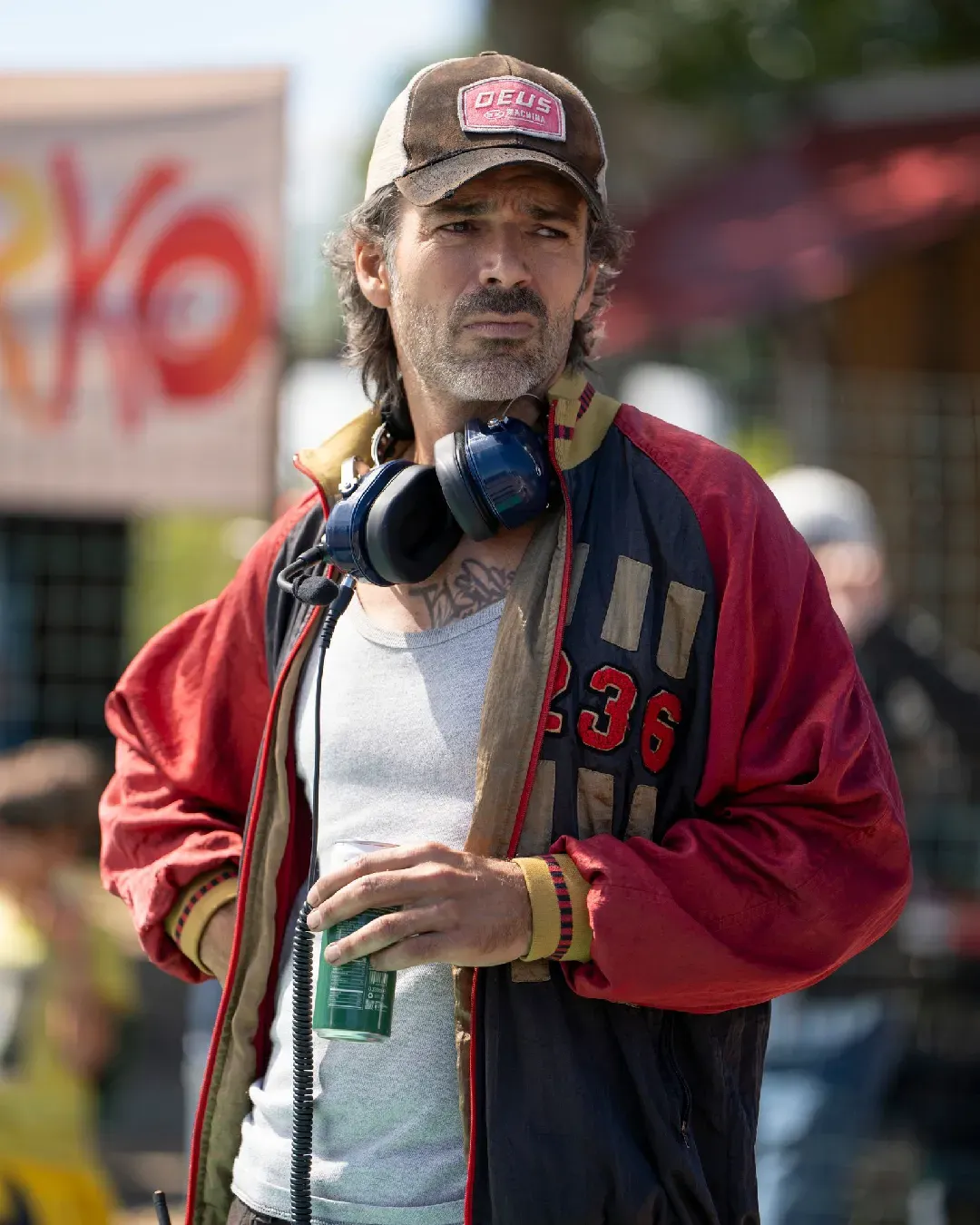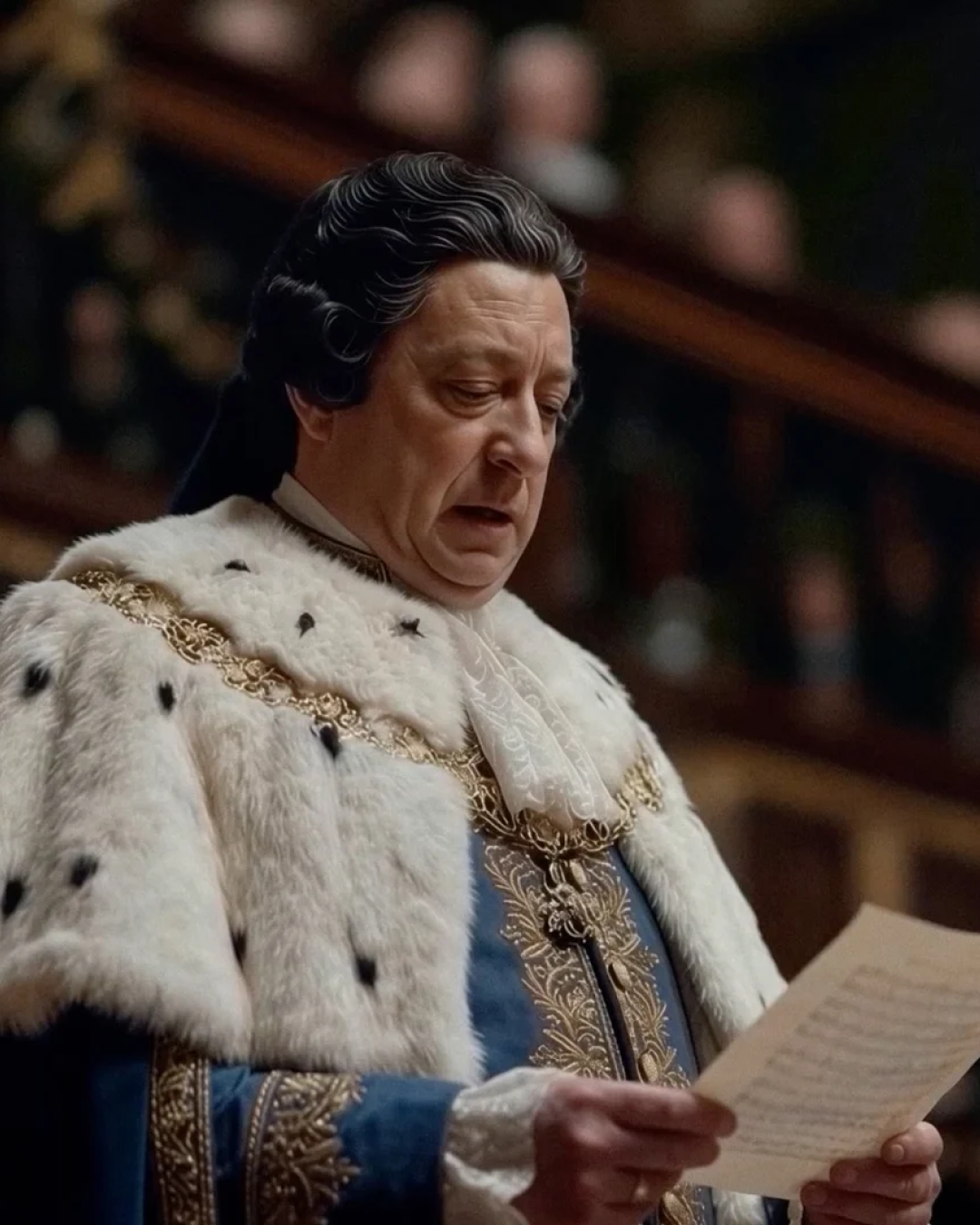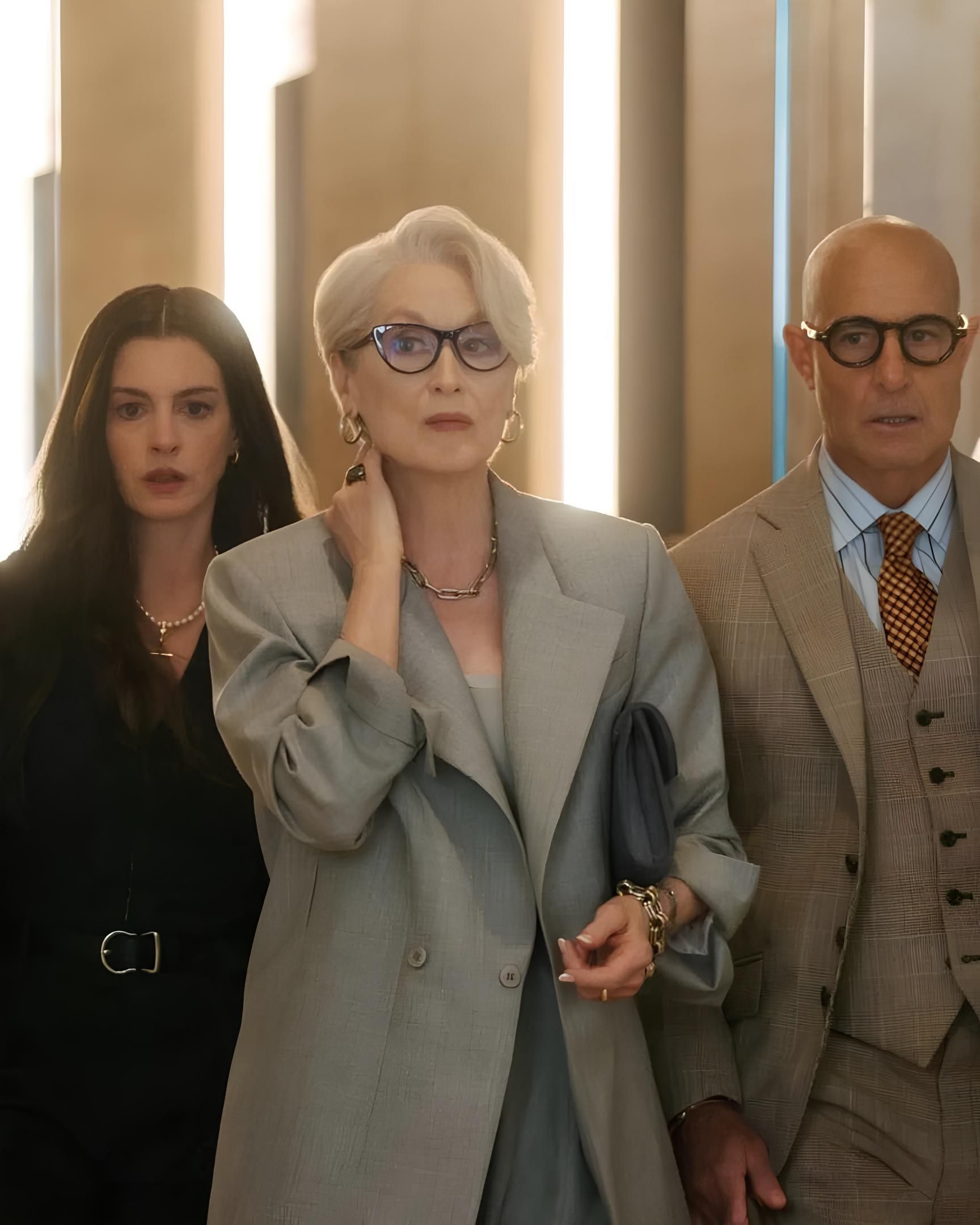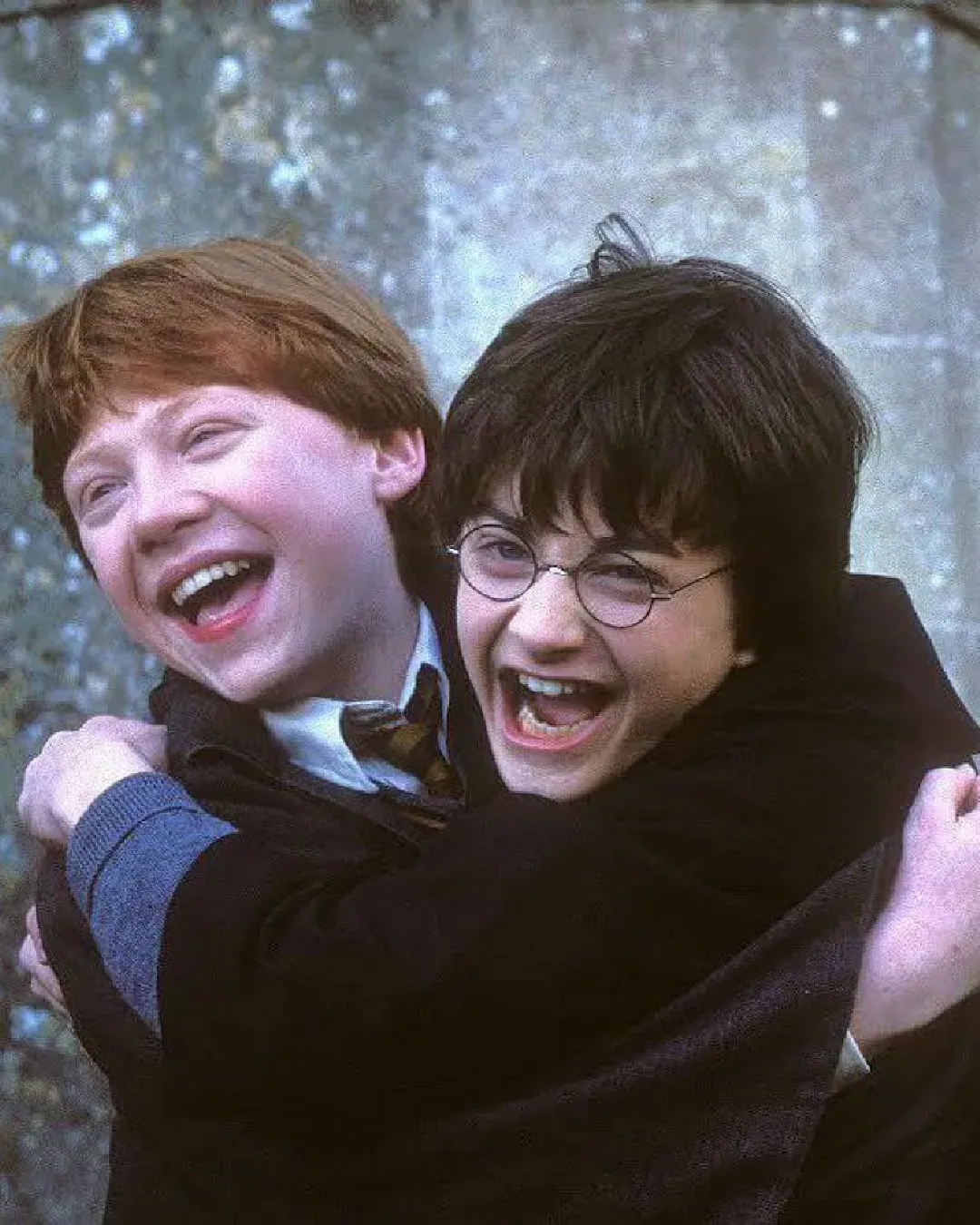
What you missed at the 2024 César Awards Announcing a new era in French cinema
As the 49th César Awards unfolded on Friday, February 23, 2024, at the Olympia in Paris, the spotlight not only illuminated the faces of the winners but also shed light on the revolution taking place in the French film industry. The tone of the ceremony was set by Valérie Lemercier: this year, the Césars are not presented but presided over by a woman! Following this announcement, it was only natural for this institution to be shaken and evolve under the influence of the feminine perspective. Punctuated by feminist and politically engaged statements, the ceremony served as a revealing mirror, showcasing how issues related to abuse and violence are now addressed in French cinema. The event marked a turning point, urging the industry to rethink its structures and promote accountability. Denunciation is no longer relegated to the shadows but now takes center stage, and so be it.
Magnifique, courageuse et intelligente #JudithGodrèche pic.twitter.com/kG7VN44801
— Laurence Parisot (@LaurenceParisot) February 23, 2024
The 2024 César Awards were profoundly marked by the poignant speech of actress Judith Godrèche, who courageously publicly denounced cases of "rape and violence against a minor under 15" involving renowned directors such as Benoît Jacquot and Jacques Doillon. This speech triggered a torrent of reactions, positions, and revelations, thus marking a turning point in the culture of silence that often surrounded these issues in the French film industry. Cinema personalities expressed their support for Judith Godrèche, contributing to a change in mindset and a growing desire for accountability and transparency. Prominent artists such as Wim Wenders and Raphaël Quenard spoke up to express their satisfaction at being present during a time of significant developments in the film industry. Their intervention highlighted the importance of contemporary social issues, addressing various themes such as agriculture and the threats of artificial intelligence.
The Israeli-Palestinian conflict, long overlooked, was also discussed. Filmmakers and actors, including Gala Hernandez Lopez, Kaouther Ben Hania, and Arieh Worthalter, César winner for Best Actor for his role in "Le Procès Goldman" by Cédric Kahn, spoke out to call for a ceasefire in Gaza. These interventions testify to a new thematic orientation in French cinema, showing that artists are no longer limited to their traditional roles but actively engage in crucial societal debates. Cinema is now perceived as a powerful means of raising awareness about broader issues and initiating important discussions. This edition of the Césars was also distinguished by the spotlight on films led by new talents and directors, marking a true renewal in the French cinematic landscape. This recognition meant a breath of fresh air, indicating an openness to diverse voices and perspectives, revealing a deep desire for renewal and innovation within the industry. Emotions ran high when Justine Triet announced, «Being the second woman in the history of the Césars to receive this award in 49 years is no small feat.» Her film, "Anatomie d’une chute," won six major Césars, including Best Film, Best Screenplay, and Best Director.
Justine Triet con i tre premi César vinti per Anatomie d'une chute rispettivamente per miglior film, miglior sceneggiatura e miglior regia.pic.twitter.com/zmp6QQi7sE
— Rebelle Vague (@rebellevague) February 24, 2024
Other films such as "Chien de la casse" by Jean-Baptiste Durand, honored with the César for Best Debut Film and Best Male Revelation for Raphaël Quenard, as well as "Simple comme Sylvain" by Quebecois director Monia Chokri, awarded Best Foreign Film, also emphasized the diversity of emerging talents celebrated during this ceremony. This international openness was reinforced by the consecration of Christopher Nolan, globally recognized for his major works. His honorary César symbolized his significant impact on contemporary cinema, marking an emotionally charged moment. The presentation of this distinction by Marion Cotillard, an actress he directed twice in his masterpieces, added a special touch to this celebration of his exceptional connection with France.













































